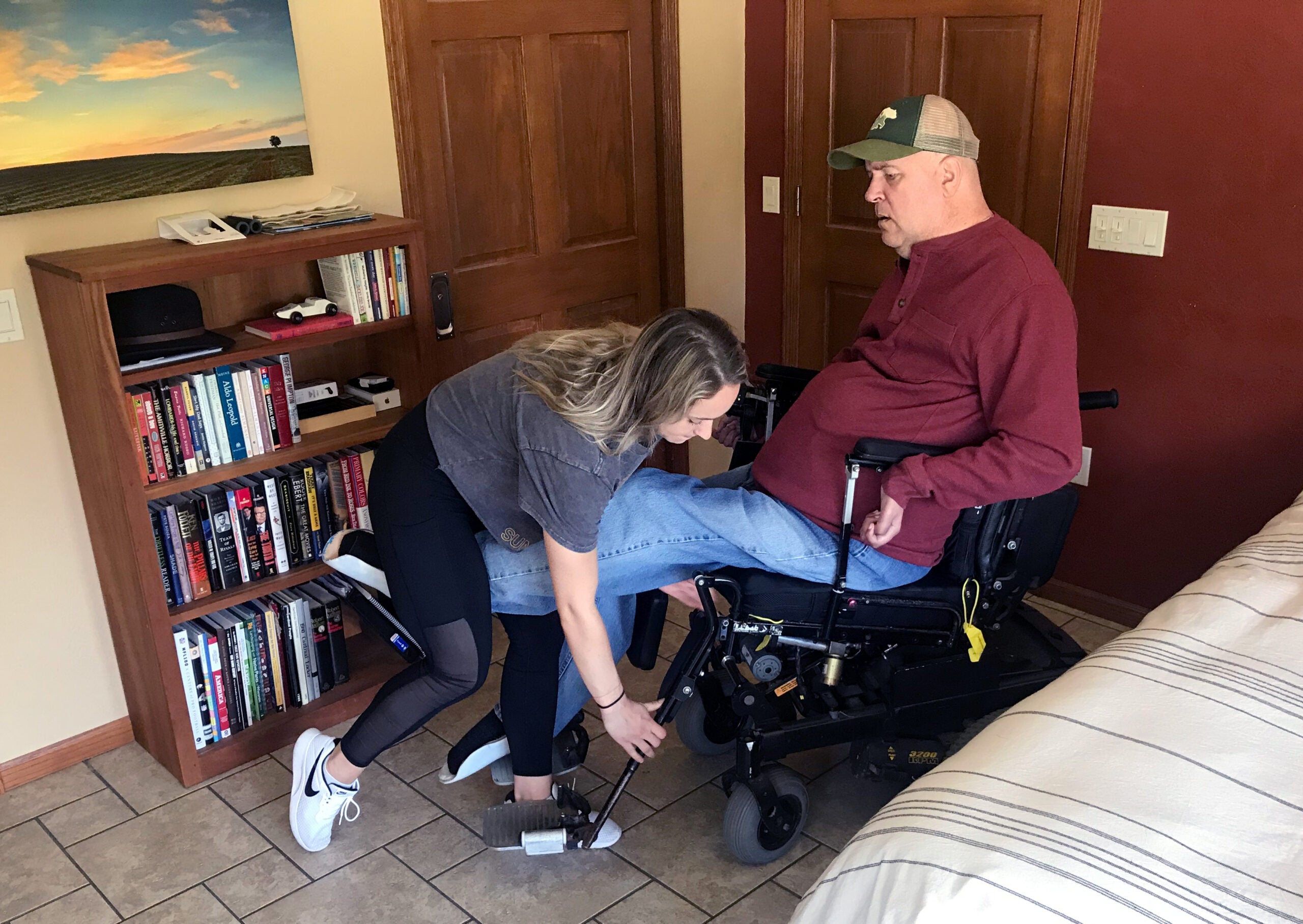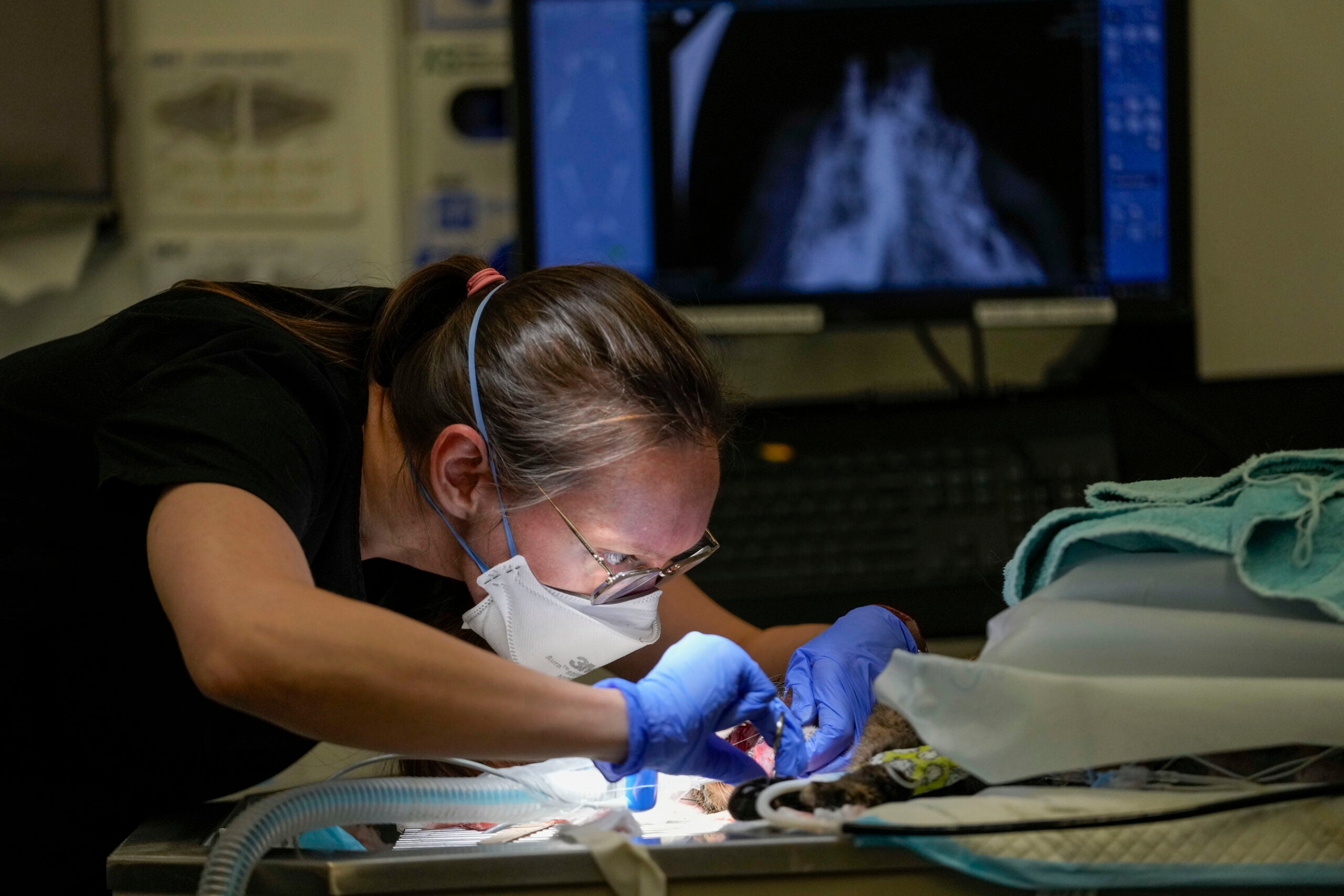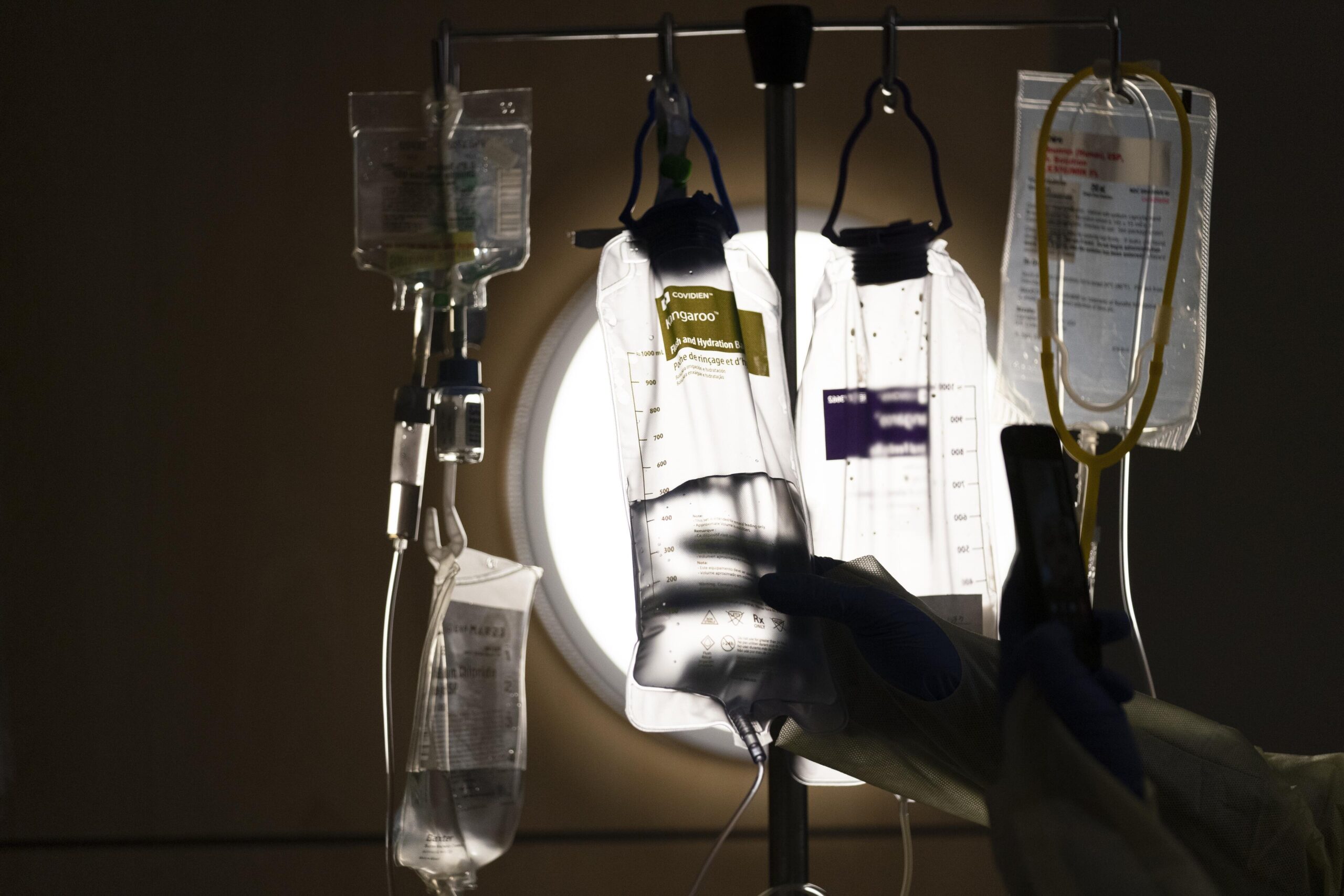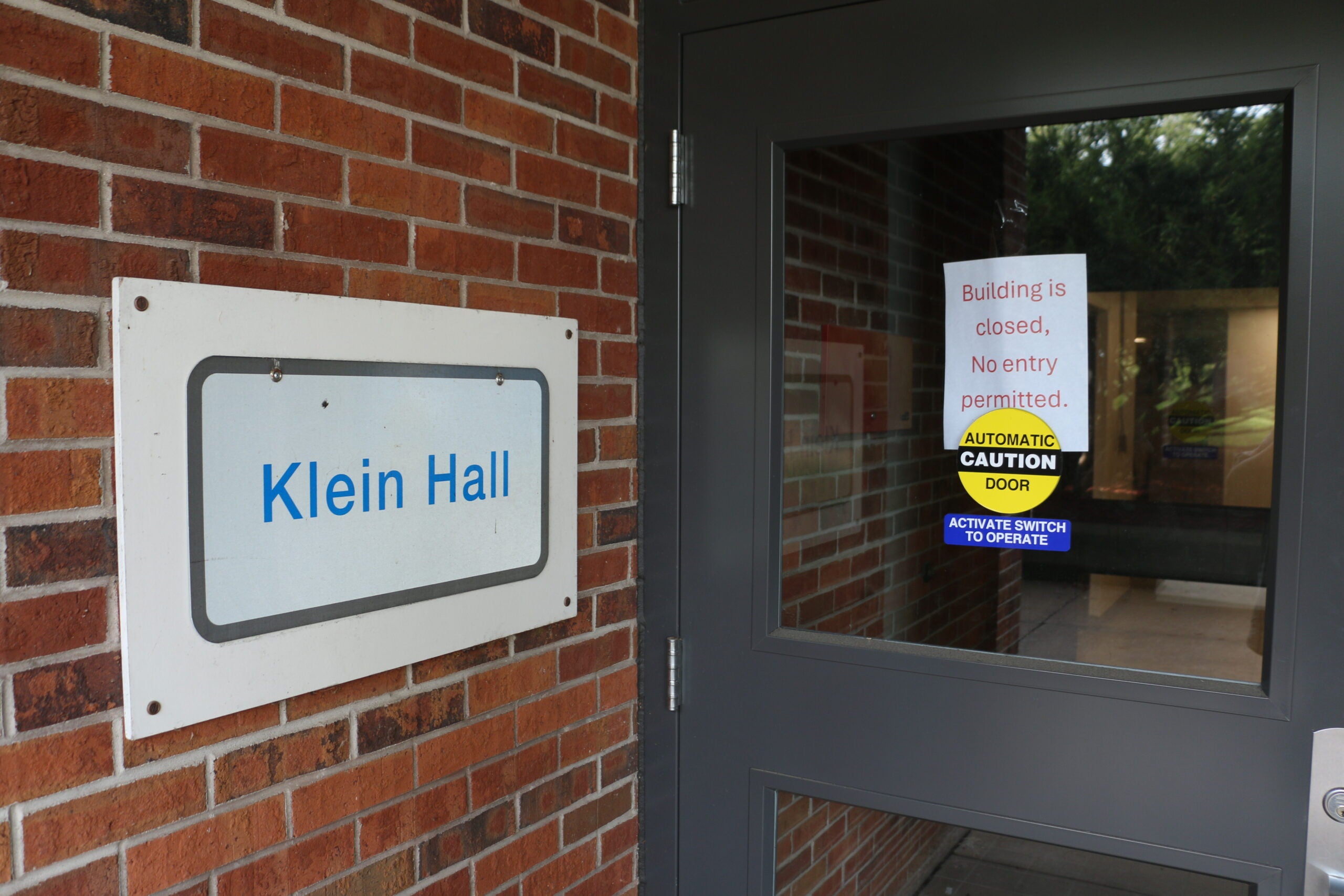This summer, the University of Wisconsin-Green Bay will offer a new training program aimed at addressing the state’s caregiver shortage.
About one in four of Wisconsin’s long-term caregiver positions are unfilled. That has a direct impact on the care people receive in assisted living facilities, nursing homes, supportive home care, adult day care and respite care. And a lack of staff can keep facilities from accepting people in need of care.
“Because of these vacancies, there’s a lack of caregiving staff to provide this care,” said Kerry Winkler, a program specialist at UW-Green Bay. “In 2022, over 18,000 individuals were denied access to long-term care facilities due to the shortage.”
News with a little more humanity
WPR’s “Wisconsin Today” newsletter keeps you connected to the state you love without feeling overwhelmed. No paywall. No agenda. No corporate filter.
She said the shortage has been exacerbated by the pandemic and Wisconsin’s aging population. Baby boomers are beginning to require caregiving services — whether through home health care or assisted living — at a time when the pandemic prompted many to leave the profession, Winkler said.
“COVID definitely took its toll on caregivers, and, unfortunately, caregiving isn’t a high paid profession,” she said. “I think as wages are rising in other areas, people are leaving caregiving to go into a different profession where they’re able to make more money.”
To address the issue, UW-Green Bay is developing the state’s only training program for caregiver supervisors with the help of an $865,000 grant from the Wisconsin Department of Health Services. The grant was funded by the federal American Rescue Plan Act.
The program will offer free tuition for training to an estimated 250 people. Wisconsin currently has no training program for individuals supervising the state’s 39,000 caregivers working in home and community based services.
Winkler said part of the aim of the free program is to help managers boost employee retention. Instruction will focus on topics such as conflict resolution, interpersonal communication, critical thinking and operational management skills.
“Our hope is that it will impact supervisors and managers in a way that it helps address the caregiver shortage by really retaining the caregivers that are in the position now, but also attract them to this profession,” she said.
Winkler said the program will allow direct care workers to advance their skills into management positions, regardless of whether they have a college degree.
“We’re not just limiting this to people with a bachelor’s degree,” she said. “It is open to everyone — people with and without a degree, so I think it allows for a broader audience.”
In a statement, UW-Green Bay Chancellor Michael Alexander said the program helps illustrate how the university’s commitment to education goes beyond its existing students, as well as the role higher education can play in solving problems facing communities.
“We are proud to play a role in addressing Wisconsin’s caregiver crisis through training and education,” he said. “Our state’s older adults and those with disabilities are also our parents, grandparents, relatives and neighbors. They deserve the best care we can give them.”
Curtis Cunningham is the assistant administrator of Medicaid benefits and service delivery for the Wisconsin Department of Health Services. He said the pandemic “decimated” the support structure for caregivers. Providing training for supervisors, he said, will help them to better support their employees.
“With the workforce shortages, a lot of supervisors had to stop supervising and supporting their employees and actually start doing more direct care,” Cunningham said. “One of the things we want to make sure we do — if we’re going to have a strong and robust workforce — is to have the ability to have strong managers that can support direct care workers.”
Winkler said the grant will cover enrollment fees for participants, allowing the university to offer the program for free.
“I don’t think this program would be as successful as we hope it will be without that grant,” she said.
UW-Green Bay is just one of 69 organizations statewide to receive grant funding from DHS for home and community-based services.
The department plans to provide more than $30 million over two funding rounds. Funding awarded in the first round totaled more than $17 million, divided among the 69 award recipients.
Kevin Coughlin, a policy initiative advisor for DHS, said the grants were important because it puts funds into the “hands of people who can make a difference.”
“Over half of those grants had some sort of connection to helping solve the workforce crisis, either it was in recruitment, retention (or) training,” he said. “There are just a lot of really innovative ways to help target the crisis.”
Wisconsin Public Radio, © Copyright 2026, Board of Regents of the University of Wisconsin System and Wisconsin Educational Communications Board.







